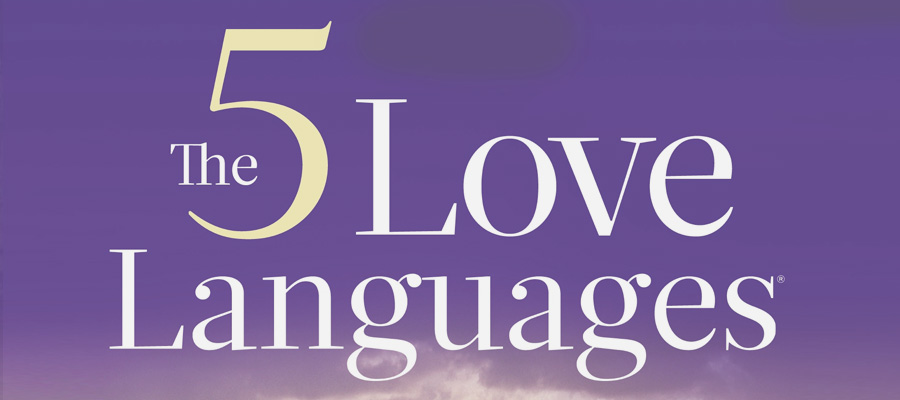Is It a Lie That You Should Treat Others the Way You Want to Be Treated?
By Allison S. Tabor, CPC, CPSM
Did you ever have a conversation with someone that didn’t turn out as expected? Have you been completely stumped or disappointed by someone’s reaction? Have you approached a person with the thoughtfulness and care that you’d expect from others, yet their reaction was not at all what you expected? That is because people don’t want to be treated the way you want to be treated, rather they want to be treated the way they want to be treated. This is a very important distinction.
The key is to understand that we all have our own preferred communication styles and one size doesn’t fit all. Understanding your own communication style and that of others can lead to greater success.
So, how do you learn about your own style and recognize that of others? One of my favorite tools is the highly validated DISC (Dominance, Influencing, Steadiness, Compliance) assessment. DISC is the universal language of human behavior and is used by Fortune 500 companies and small businesses in more than 90 countries in 40 languages.
While I consider DISC to be one of the most effective communication tools, there are other great resources available for understanding differences in communication styles.
A great example for personal communication development is The Five Love Languages, by Gary Chapman. Mr. Chapman understands that people want to be treated the way they want to be treated. Through his extensive experience, (Dr. Chapman has a Ph.D., MRE, MA and BA. He is an author, pastor and speaker. The Five Love Languages has been translated into 36 languages) he discovered that people have their own communication dialects and he classified them into what he calls the Five Love Languages: Words of Affirmation, Acts of Service, Gift Gifting, Quality Time and Physical Touch. We each have one that is predominant and influences how we want to be treated.
For example, if you are a Words of Affirmation person, you respond best to recognition in the form of verbal acknowledgement. Someone can go out of his way for you, shower you with gifts, spend quality time with you, and it will not have the same impact as his simply telling you how much he appreciates you. Dr. Chapman’s book includes a simple assessment and is a great read.
The point is that whether you use the highly validated DISC instrument for business or the Five Love Languages for improved personal communication, it is to recognize that we are all unique and want to be communicated with our own communication style in mind.
If you are a business executive, especially if you lead a team, I’d love to help you achieve better results through improved communication. Just reach out, as I am happy to explain just how.











